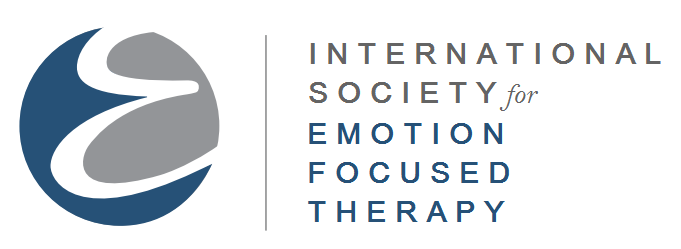Counselling involves talking with a trained professional (either a counsellor, psychotherapist or counselling psychologist) to explore specific aspects of your life that are causing problems with the aim of improving in specific difficulties of your life that are causing distress. Research has shown counselling to be an approach for a range of difficulties.
Counselling is usually considered to be a fairly short term therapy and you may expect to come for between six and 12 sessions depending on the difficulties you are experiencing. After four sessions the practitioner would usually want to review with you how things are going and decide together the best action steps.
Psychotherapy is a similar process to counselling in that it involves talking with a trained professional (counselling, clinical or school psychologist) to explore aspects of your life that are causing problems and stopping you to be the person you want to be in your personal and/or professional life. However, psychotherapy is a deeper process that often involves working with the difficulties you are experiencing, but also getting to and reworking the deeper emotional issues.
How psychotherapy enables change?
Our practitioners will work collaboratively with you to explore your ‘patterns’ and ‘themes’ and how they link to things about you and your personality as well as help you “unpack” experiences that have been buried inside in a way that trigger an unhelpful way of being for you. To do this, our practitioners use research-based therapeutic interventions to help guide you into the difficulties you face, putting words to how you really feel inside, and drawing out those deeper feelings that are locked up inside.Examples of things that you may explore are: your upbringing; challenges you have faced in life; how you treat yourself and others, your coping style when faced with difficulties and certain self-limiting beliefs that sabotage your life. The aim is to enable change by understanding why things are going wrong and enable different ways of thinking and behaving.
The process – our pluralistic perspective: ”different people need different things at different times”
Practitioners offering psychotherapy have different ways and styles of working. Some may seem quite active and friendly while others may appear more detached and analytical. We understand the value of this and it is important to find a practitioner style that works for you. The results of therapy rely heavily on the development of a strong professional therapeutic bond whereby there is a sense of communion between the client and the therapist who together share the responsibility in working to achieve the goals of the therapy.
Is psychotherapy for me?
People often enter into psychotherapy sometimes as an experiment, realising they have deeper issues that need exploring. However it is just as usual for people to begin counselling and then realise there are underlying ‘patterns’ and ‘themes’ in their lives, which may be better addressed using a more long term approach by engaging in psychotherapy. No matter how you start the psychotherapy process, you would usually be encouraged to give your feedback about how this is working for you and if you decide to continue in a more long-term process you will be able to continue with the same practitioner. Our professionals are highly trained and able to undertake both counselling and psychotherapy with clients.
Will I have to lie on a couch?
The short answer to that is: no! Psychotherapy is usually more accessible and less intimidating than people fear. These days, the process rarely involves lying on a couch talking to a largely silent or distant practitioner (psychoanalysis). You can certainly be reassured that none of our practitioners work in this way and that they will work with you in an empathic and non-critical manner, sitting across you, helping you to engage and invest in the therapeutic process in a way that will be most efficient for you.
Can I do my sessions online?
Yes of course! Our practitioners offer online psychotherapy sessions to support you wherever you are. Whether you’re in Cyprus or abroad, you can access evidence-based therapy from the comfort and privacy of your home. Our therapists provide compassionate, professional care for a wide range of concerns, including depression, anxiety, trauma, grief, and relationship difficulties. Using secure video platforms, we bring the depth and presence of in-person sessions to a flexible, accessible online format. If you’re seeking meaningful emotional support, our online therapy sessions are a safe, confidential space to begin your healing journey.
To ask us any questions about counselling and psychotherapy or to book an initial session with a practitioner at our centre contact us.


